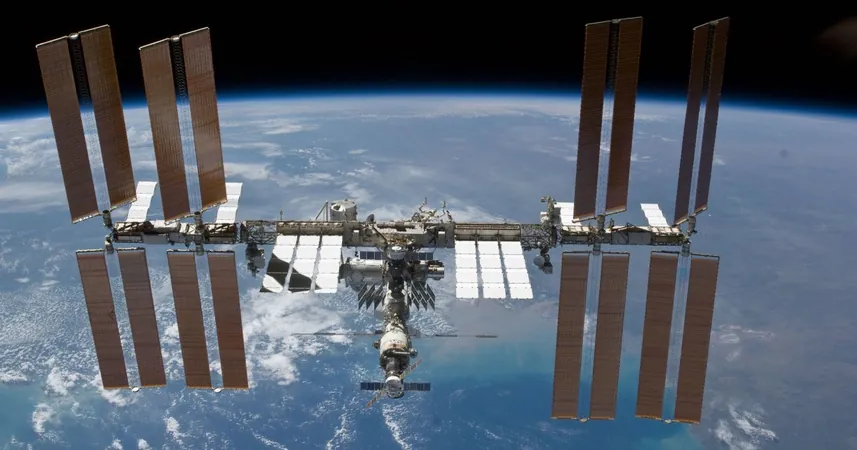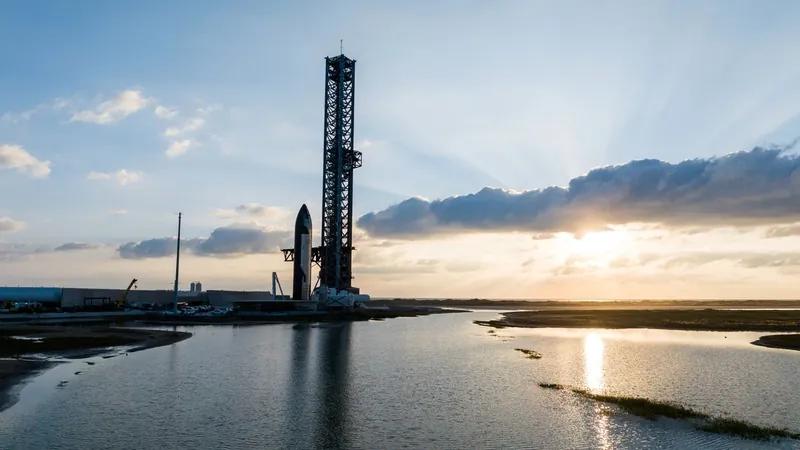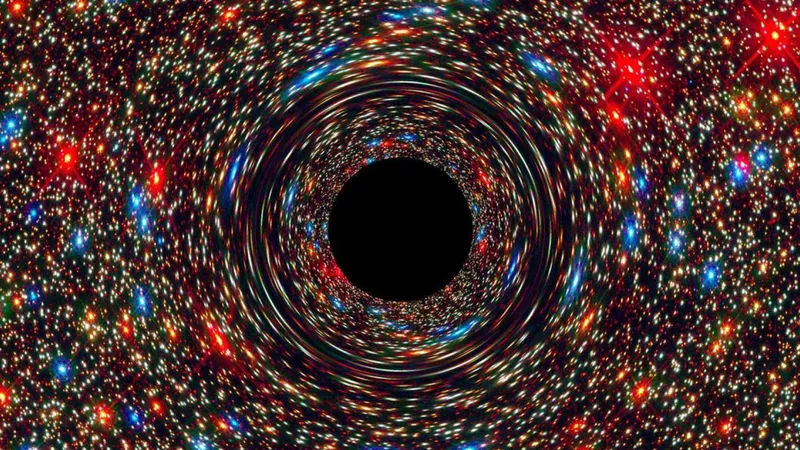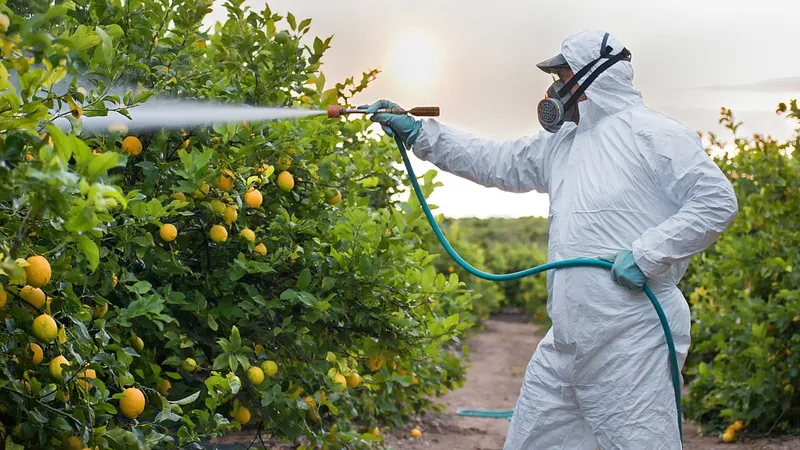
The ISS Dodges Space Junk Again: A Growing Crisis!
2024-11-27
Author: Jacob
The ISS Dodges Space Junk Again: A Growing Crisis!
In a concerning trend, the International Space Station (ISS) had to execute a maneuver on Monday to evade yet another piece of space debris—the second such incident in just one week. This alarming frequency underscores the escalating risks posed by space junk in our orbit.
NASA confirmed that the ISS's orbit was adjusted upward by approximately 1,650 feet (500 meters) after the Progress 89 cargo craft fired its engines for three and a half minutes early Monday morning. This vital debris avoidance maneuver successfully distanced the orbital outpost from a fragment of a satellite that was encroaching on its flight path, ensuring the safety of its seven crew members aboard.
Details about the size and nature of the impending debris haven't been disclosed by the space agency, but each piece poses a significant threat. The ISS orbits Earth at an altitude of around 250 miles and at a blistering speed of 17,000 mph. At these velocities, even the smallest fragment can become a dangerous projectile capable of puncturing the station's hull, potentially endangering the lives of astronauts.
The situation isn't new; a couple of years ago, astronauts aboard the ISS were forced to seek refuge in their docked spacecraft when another piece of debris was spotted on a collision course. Fortunately, that potential disaster was averted, and the crew safely resumed their operations shortly thereafter.
To combat this rising concern, the ISS relies on an extensive network of monitoring systems, both on the ground and in space, to track and preemptively avoid hazardous space junk. Over its 24 years of operation, the ISS has executed a total of 37 avoidance maneuvers. This technology is crucial, as low-Earth orbit is increasingly being seen as one of the largest garbage dumps in the world, filled with nearly 6,000 tons of debris.
NASA has highlighted the financial and logistical challenges of removing space debris, stressing that addressing the growing problem is imperative to ensure the ongoing safety of space missions and the survival of the ISS. The rapid rise in space activity, with emerging satellite constellations and more countries launching spacecraft, only intensifies the urgency of this issue. As we venture further into the cosmos, it’s becoming clearer than ever that a debris-free corridor is essential for the future of space exploration.
Stay tuned as the story develops, and what measures might be implemented to tackle this critical crisis!









 Brasil (PT)
Brasil (PT)
 Canada (EN)
Canada (EN)
 Chile (ES)
Chile (ES)
 España (ES)
España (ES)
 France (FR)
France (FR)
 Hong Kong (EN)
Hong Kong (EN)
 Italia (IT)
Italia (IT)
 日本 (JA)
日本 (JA)
 Magyarország (HU)
Magyarország (HU)
 Norge (NO)
Norge (NO)
 Polska (PL)
Polska (PL)
 Schweiz (DE)
Schweiz (DE)
 Singapore (EN)
Singapore (EN)
 Sverige (SV)
Sverige (SV)
 Suomi (FI)
Suomi (FI)
 Türkiye (TR)
Türkiye (TR)